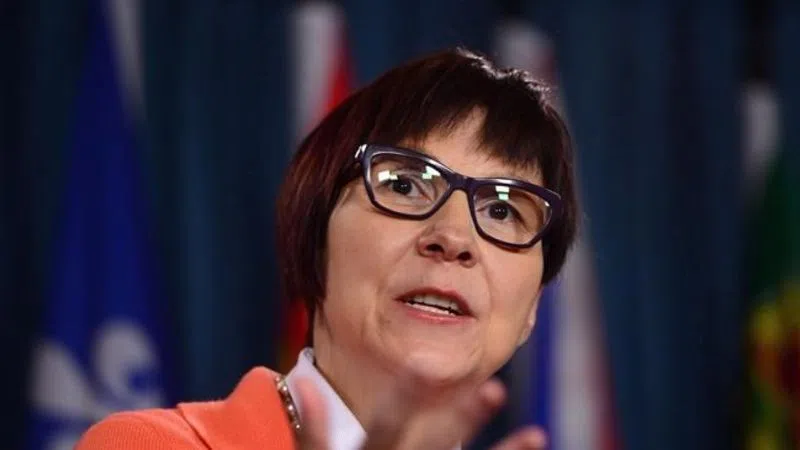
‘Their silence speaks volumes’: Indigenous issues largely absent from campaign
OTTAWA — When NDP Leader Jagmeet Singh promised clean water on First Nations reserves and the Greens’ Elizabeth May pledged that a Green government would start dismantling the Indian Act, both on Saturday, it was the first time Indigenous issues got much attention on the federal campaign trail.
The federal party leaders’ near-silence on them speaks volumes about their importance to Canadian politicians, says Cindy Blackstock, a prominent First Nations leader who led the human-rights case that led to a multibillion-dollar compensation award for Indigenous children.
Neither Liberal Leader Justin Trudeau nor Conservative Leader Andrew Scheer has invested campaign time or energy in these matters.
“I think that signifies the priority with which the governments tend to address First Nations, Inuit and Metis people and their concerns: when they’re not even talking about it, and they’re talking about things like camping credits, that tells you where we’re positioned in the ranking of priorities,” Blackstock says.
